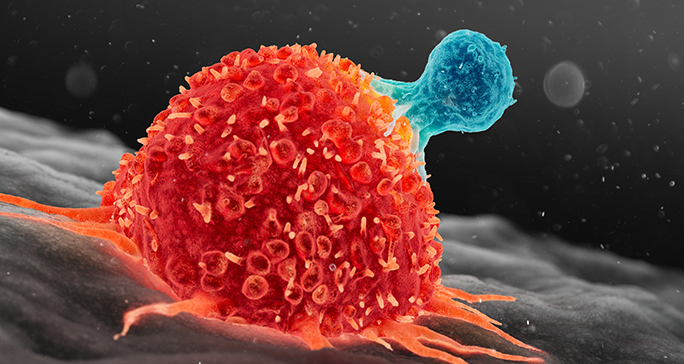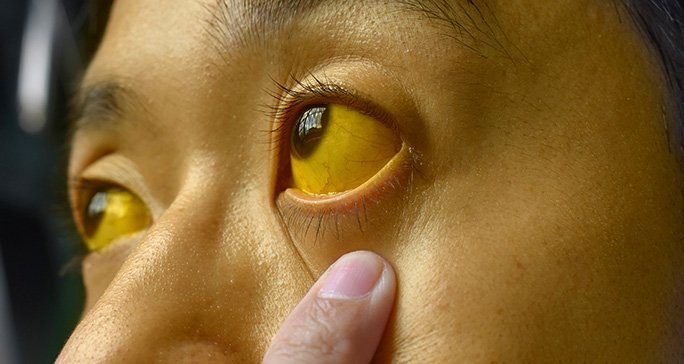- Diseases
- Acoustic Neuroma (14)
- Adrenal Gland Tumor (24)
- Anal Cancer (68)
- Anemia (2)
- Appendix Cancer (16)
- Bile Duct Cancer (26)
- Bladder Cancer (72)
- Brain Metastases (28)
- Brain Tumor (230)
- Breast Cancer (720)
- Breast Implant-Associated Anaplastic Large Cell Lymphoma (2)
- Cancer of Unknown Primary (4)
- Carcinoid Tumor (8)
- Cervical Cancer (158)
- Colon Cancer (164)
- Colorectal Cancer (114)
- Endocrine Tumor (4)
- Esophageal Cancer (44)
- Eye Cancer (36)
- Fallopian Tube Cancer (8)
- Germ Cell Tumor (4)
- Gestational Trophoblastic Disease (2)
- Head and Neck Cancer (8)
- Kidney Cancer (126)
- Leukemia (344)
- Liver Cancer (50)
- Lung Cancer (288)
- Lymphoma (284)
- Mesothelioma (14)
- Metastasis (30)
- Multiple Myeloma (98)
- Myelodysplastic Syndrome (60)
- Myeloproliferative Neoplasm (4)
- Neuroendocrine Tumors (16)
- Oral Cancer (100)
- Ovarian Cancer (172)
- Pancreatic Cancer (164)
- Parathyroid Disease (2)
- Penile Cancer (14)
- Pituitary Tumor (6)
- Prostate Cancer (144)
- Rectal Cancer (58)
- Renal Medullary Carcinoma (6)
- Salivary Gland Cancer (14)
- Sarcoma (236)
- Skin Cancer (296)
- Skull Base Tumors (56)
- Spinal Tumor (12)
- Stomach Cancer (62)
- Testicular Cancer (28)
- Throat Cancer (92)
- Thymoma (6)
- Thyroid Cancer (96)
- Tonsil Cancer (30)
- Uterine Cancer (80)
- Vaginal Cancer (16)
- Vulvar Cancer (20)
- Cancer Topic
- Adolescent and Young Adult Cancer Issues (20)
- Advance Care Planning (10)
- Biostatistics (2)
- Blood Donation (18)
- Bone Health (8)
- COVID-19 (362)
- Cancer Recurrence (120)
- Childhood Cancer Issues (120)
- Clinical Trials (632)
- Complementary Integrative Medicine (26)
- Cytogenetics (2)
- DNA Methylation (4)
- Diagnosis (230)
- Epigenetics (6)
- Fertility (62)
- Follow-up Guidelines (2)
- Health Disparities (14)
- Hereditary Cancer Syndromes (124)
- Immunology (18)
- Li-Fraumeni Syndrome (8)
- Mental Health (118)
- Molecular Diagnostics (8)
- Pain Management (62)
- Palliative Care (8)
- Pathology (10)
- Physical Therapy (18)
- Pregnancy (18)
- Prevention (912)
- Research (396)
- Second Opinion (74)
- Sexuality (16)
- Side Effects (608)
- Sleep Disorders (10)
- Stem Cell Transplantation Cellular Therapy (216)
- Support (402)
- Survivorship (322)
- Symptoms (184)
- Treatment (1788)
What to know about castor oil health claims
3 minute read | Published October 19, 2023
Medically Reviewed | Last reviewed by an MD Anderson Cancer Center medical professional on October 19, 2023
It is intriguing to imagine that the solution for countless health concerns can be purchased at the grocery store or pharmacy.
Castor oil, a vegetable oil made from castor beans, has been touted as one such product. It is Food and Drug Administration (FDA) approved as a laxative, but recently, social media posts have claimed that castor oil can detoxify the liver, promote weight loss and even break up tumors.
Does castor oil deliver on the promises that have been appearing on newsfeeds?
To learn more, we asked MD Anderson experts about castor oil’s ability to treat specific health concerns.
Constipation
Castor oil is perhaps best known for its role as a laxative.
"Ricinoleic acid is thought to be the component responsible for the laxative effect of castor oil,” says wellness dietitian Lindsey Wohlford.
Wohlford explains that castor oil works as a laxative by stimulating nerves in the gastrointestinal tract and increasing intestinal secretions. This allows food to pass through the intestines more quickly.
“While it can be helpful for relieving constipation, castor oil should only be used for short-term relief of constipation under medical supervision,” Wohlford says.
She notes that using castor oil as a laxative may cause side effects such as diarrhea, cramping, bloating, nausea and dizziness.
“Always check with your doctor before utilizing any form of a laxative,” Wohlford says.
Weight loss
Recently, social media users have been sharing their experiences filling their belly buttons with castor oil before going to sleep, or applying fabric soaked with castor oil to their abdomen overnight. Some say this has helped them to lose weight and reduce bloating.
While it can be tempting to try a new weight loss method, especially one that seems quick and easy, Wohlford recommends working with your doctor or a registered dietitian instead.
“Castor oil has been heralded on social media for a wide variety of uses; however, these claims are based primarily on personal testimonials and hearsay rather than science. Currently, there is no research indicating castor oil as an effective aid to weight loss,” she says. “Unproven weight loss methods should be avoided as they can be unsafe, ineffective and wasteful of time and money.”
Cancer treatment
Some social media users have suggested that applying castor oil compresses to the skin can help break up tumors inside the body. However, Gabriel Lopez, M.D., director of MD Anderson’s Integrative Medicine Center, says that castor oil isn't a cancer treatment.
"It may have other uses and applications, but it doesn’t have a role as a cancer treatment whether you take it by mouth or use it externally,” he says.
Lopez also notes that applying castor oil may irritate skin that is already sensitive from surgery or radiation therapy.
If you are considering using castor oil for any purpose while undergoing cancer treatment, Lopez says it is best to notify your care team so they can assess safety, drug interactions and toxicity.
“In the case of unconventional or un-proven therapies, it is always best to contact your clinical team and discuss and learn about risks versus benefits,” Lopez says.
Detoxification
Detoxing refers to a variety of methods that claim to remove toxins from the body. Popular detox methods include juice cleanses and special diets. Castor oil detoxes that claim to remove toxins from the liver are done by strapping a cloth pack saturated in castor oil to the lower abdomen.
But Lopez says castor oil does not detoxify the liver.
“Our body already has natural mechanisms through which it detoxifies,” he says, noting the roles of the liver and kidneys.
Patients often ask Lopez’s team about ways to detoxify their bodies after cancer treatment. His advice? Focus on everyday health habits such as diet, exercise and sleep.
“There’s nothing that we’d recommend to use as a detox strategy beyond living a healthy lifestyle which can include eating well, exercising regularly and sleeping well. Those are all behaviors that support our bodies’ natural mechanisms to heal and recover,” he says.
Request an appointment at MD Anderson online or by calling 1-877-317-1291.

Castor oil has been heralded on social media for a wide variety of uses; however, these claims are based primarily on personal testimonials and hearsay rather than science.
Lindsey Wohlford
Wellness Dietitian





